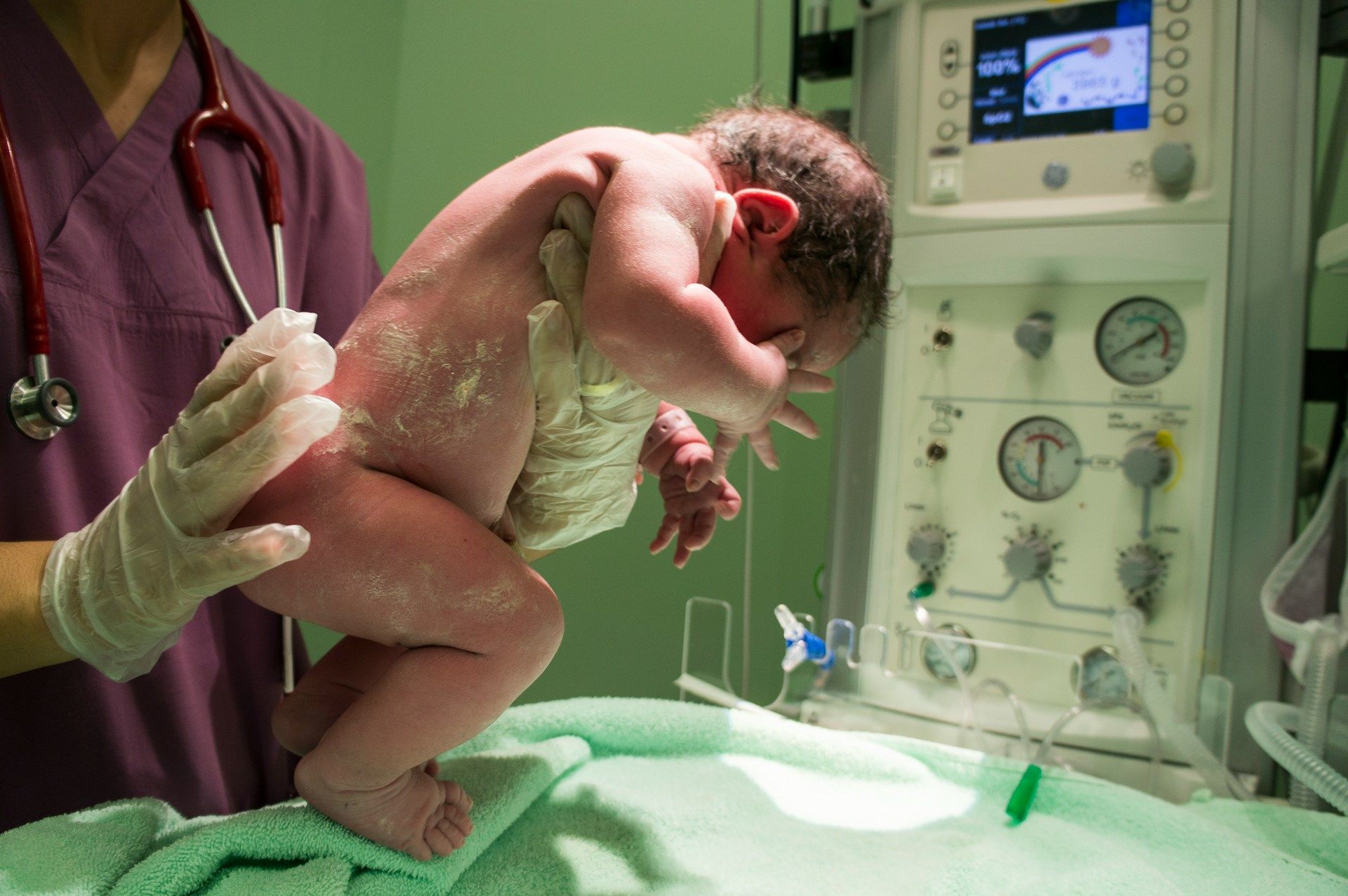This fall, CPCQC gathered with partners across the state at the CHoSEN Forum. The semi-annual convening brought providers, organizations, and policymakers together to improve perinatal substance use outcomes. Together, we committed to strengthening the perinatal healthcare system so that all mothers and infants–regardless of substance use or exposure–can thrive.
At the event, participants heard policy updates from Illuminate Colorado, learned about Plans of Safe Care, and connected about toxicology testing best practices. CPCQC and HardBeauty presented on the enduring stigma of perinatal substance use and Hard Beauty peers shared moving substance use and recovery stories.
Attendees recognized their collective power. As Racquel Garcia, CEO and Founder of HardBeauty, reflected, “All the right players were in the room at the right time.”
And so they were. Attendees made critical connections, behind the scenes, that helped a 37-week pregnant mother get into substance use treatment and peer support. Racquel Garcia added,
“We are REALLY saving lives and changing the planet.”
Our Commitment to Collaboration
CPCQC works across the state with partners through quality improvement, policy, and collective impact initiatives to improve birth outcomes. We cannot do this work alone. As one of many Perinatal Quality Collaboratives across the U.S., we are part of a vast network of people, families, communities, organizations, and agencies working to improve lives–together.
We are grateful for each and every one of our partners. Thank you to the organizations, hospitals, teams, and community members who are working alongside us to improve the lives of birthing people and infants.
This November, we invite you to learn more about the breadth of our partnership work.
Partnerships in Action
Collective Impact for Improved Care
In 2021, CPCQC and the Colorado Behavioral Health Administration launched the IMPACT BH. The initiative invests in critical partnerships across the perinatal continuum of care in Garfield, Pitkin, Eagle, and Summit Counties.
Together, we work to help pregnant and postpartum people experience seamless transitions from community-based services to perinatal outpatient care, outpatient care to birthing hospitals, and birthing hospitals back to community-based supports during the postpartum period.
As CPCQC Integrated Care Program Manager, Aly Boral, explains, we can only realize this vision when we work together.
“CPCQC is only a small piece of the puzzle to advance equitable outcomes for our perinatal population. We are intentional about strengthening our partner relationships to ensure that they have all the resources and support they need to produce the direct client and patient work that makes a difference. We cannot thank our community-based and clinical partners enough, our work would be inadequate without them.”
Our partners agree. From partnering to provide bilingual and bicultural support groups, to supporting outpatient providers and birthing hospitals screening for perinatal mood and anxiety disorders, our IMPACT BH partners are working together to provide essential services across the region.
Cathy Story, Director of Community Collaboration at the Quality Health Network (QHN) explains,
“There is not one con for making more connections. What (QHN) has found so far is that openness, this willingness to create connections and learn best practices. I haven’t met one person [though IMPACT BH] who isn’t willing to make connections and stay in conversation [about perinatal outcomes in the region].”
Aligning Perinatal Substance Use Care
This fall, the MOMs+ and CO AIM: SUD (CPCQC program) teams convened to align hospital perinatal substance use quality improvement and technical assistance. Together, we are helping birthing hospitals provide comprehensive support to birthing people and infants impacted by substance use.
It is working. We are proud to share that our partners, MOMs+ and HardBeauty, are presenting on Colorado-based perinatal substance use solutions at the upcoming Rx Summit–the largest national convening to address the opioid epidemic. As Don Stader, MD, FACEP of MOMs+ expressed,
“Our work is changing the landscape of care for women and pregnant persons with SUD across Colorado.”
Rachael Duncan, PharmD, BCPS, BCCCP of MOMs+ added, “What a privilege to do this work!”
The CPCQC team could not agree more. Team member Sarah Briley reflected, “The only way to move this work forward is to build relationships with physicians, midwives, nurses, mental health providers, pharmacists, and especially those with living experience who can provide real world solutions. These individuals, and their teams, are living in this work everyday.”



















